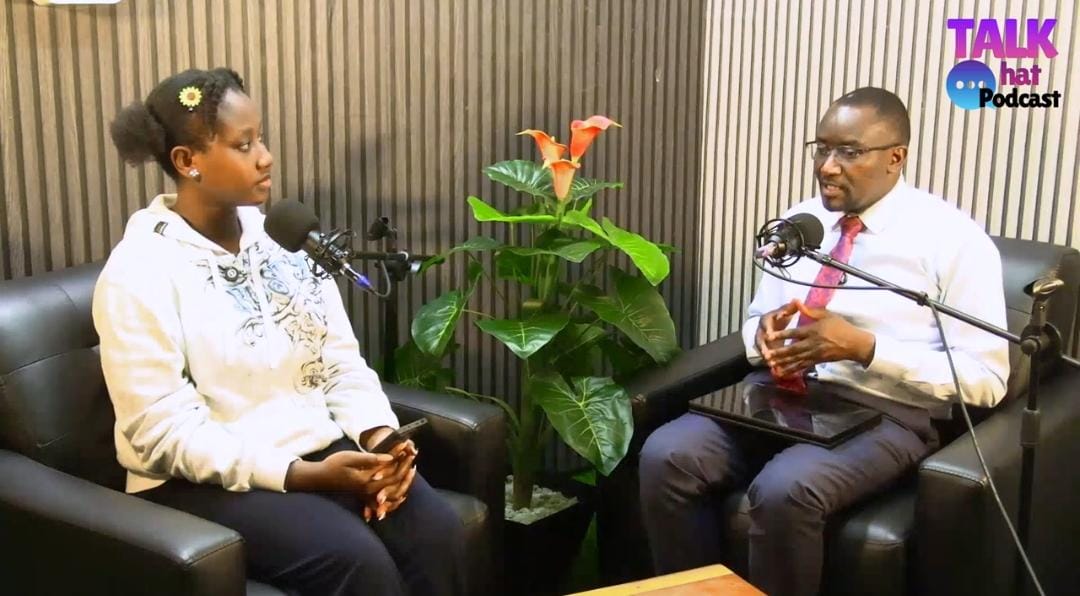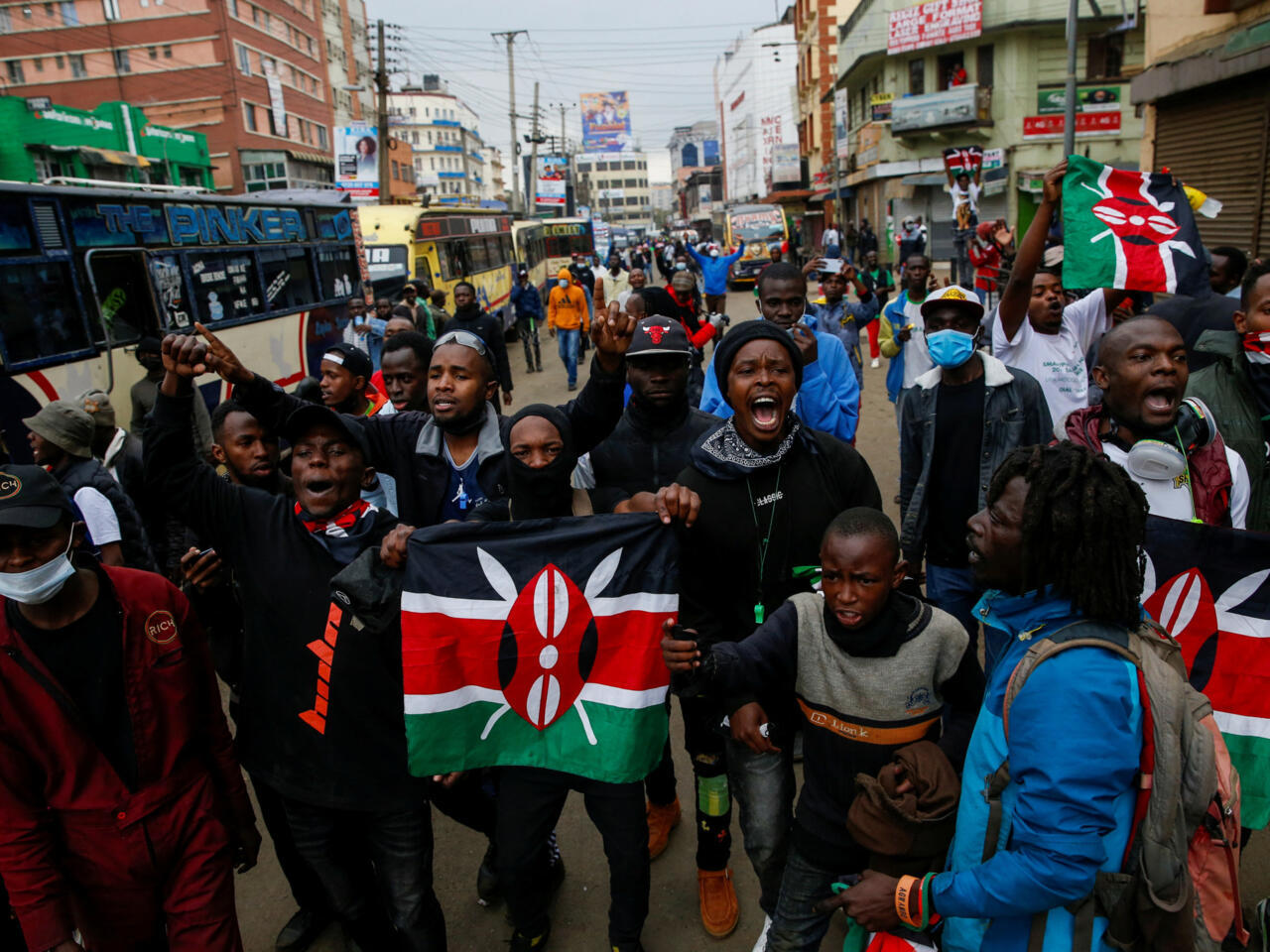- In an interview on the Talkchat Podcast, political analyst Dr. Michael Ndonye delved into the shifting narrative surrounding Kenyan youth and their place in national politics.
- He addressed the widespread claim that the youth are politically passive, often blamed for low voter turnout in the 2022 general elections.
In an interview on the Political Oracle a segment of the Talkchat Podcast, on August 1, 2025, political analyst Dr. Michael Ndonye delved into the shifting narrative surrounding Kenyan youth and their place in national politics.
He addressed the widespread claim that the youth are politically passive, often blamed for low voter turnout in the 2022 general elections.
Yet, as Dr. Ndonye pointed out, the same group being criticized for not voting is now leading the charge in demanding accountability and transparency from the country’s leadership.
The discussion highlighted a growing political awakening among young people—particularly Gen Z—who are beginning to realize that the issues they once thought only impacted their parents, such as unemployment, poor governance, and corruption, now directly affect them too.
This realization is not just stirring interest but igniting action. From organizing online campaigns to staging protests and challenging authority, young Kenyans are becoming more vocal, more connected, and more determined to see real change.
Read More
Dr. Ndonye was careful to note that this growing momentum is not exclusive to Gen Z. Other generations have also played their role in calling for change. The difference, he said, lies in structure.
Earlier generations were politically active but often rallied behind a unifying figure—most notably Raila Odinga, popularly known as "Baba." Gen Z, on the other hand, has no singular leader. Their strength lies in being leaderless yet coordinated, making them unpredictable and difficult for traditional political systems to manage or manipulate.
Ethnic politics, long a defining feature of Kenya’s political identity, appears to be losing relevance among the youth. Today’s young voters are drawn to leaders based on ideas and delivery, not tribe or name recognition.
They want representation that speaks to their needs and their realities. As Dr. Ndonye put it, “A leader who appeals to the youth is one who speaks their language—the language of the digital economy.”
The digital space has become a new political arena for this generation. It’s where conversations are held, where movements are born, and where leaders are questioned.
The youth are engaging in politics not just at rallies or polling stations but on timelines, live streams, and hashtags. They are shaping national discourse daily, using tools that were not available to earlier generations.
Dr. Ndonye also explained that this generation demands immediate results. Raised in a world of instant communication and rapid change, Gen Z expects the same from its leaders.
Promises made during campaigns must be followed by swift execution. Delays, excuses, and vague timelines do not resonate with a generation accustomed to real-time responsiveness.

Still, while their influence online is undeniable, the challenge remains in translating that energy into formal political participation—especially voting.
Dr. Ndonye emphasized that despite their digital dominance, youth must understand that the ballot is still their most powerful tool. Activism on social media is important, but it must be paired with action at the polling booth.
Ultimately, the interview painted a clear picture: Kenya’s youth are not disengaged—they are redefining what engagement looks like. Their approach may not fit the mold of past generations, but it is bold, dynamic, and growing in influence.
However, Dr. Ndonye emphasized that for the youth movement to remain authentic and avoid being hijacked by veteran politicians, they must produce their own leader—one who rises from within their ranks and understands their struggles, aspirations, and language.
Beyond voting and online activism, the youth must begin to occupy leadership spaces, not just in politics but across every sector—education, business, technology, and civil society. Only then can they fully shape the future they are so passionately fighting for.










